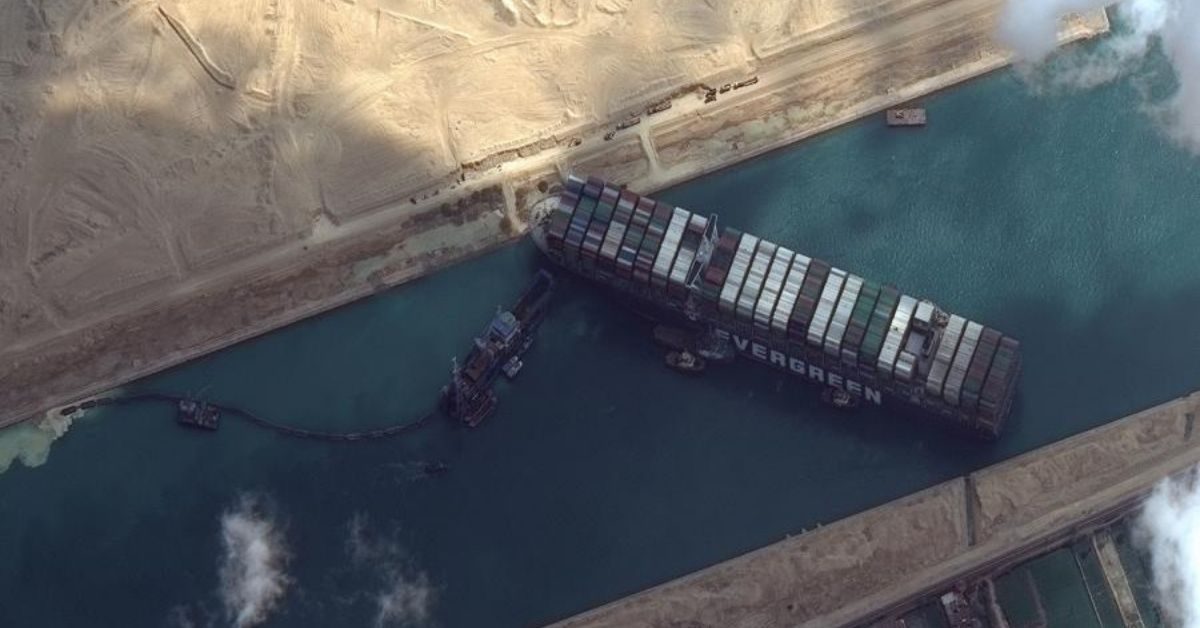Even though year-round navigation is not expected until 2025-2030 and climate risks remain, Rosatom, Russia’s state nuclear corporation and the body in charge of the northern sea route, expects a rise in demand for the route after the Suez incident. “The northern sea route . . . has high potential in expanding the cargo transportation volume, allowing to significantly cut the duration of goods transportation from Asia to Europe,” it said.
“The northern sea route’s development hedges logistical risks and makes global trade more sustainable. Undoubtedly, such Asian countries as China, Japan, and South Korea will take the precedent of the Suez Canal’s blockage into consideration in their long-term strategic plans,” said Vladimir Panov, a special representative for Arctic development at Rosatom, according to Interfax news agency. Moscow also wasted no time in reminding global energy markets that it provides unimpeded oil and gas deliveries.
Demand for railway cargo shipments across Russia has already increased, with Trans-Siberian railway bookings multiplying in the past few days, Russian freight company TransContainer told media. “Russia’s unique geographical position gives it the natural advantage in the energy market as far as access to key consumer markets goes, as well as the speed of delivery of energy supplies,” the energy ministry said, praising its extensive oil and gas pipelines network to Europe, Turkey and China for reliability and competitive costs.
“The situation is positive for Russian companies and economy for a number of reasons. That includes the fact that in the long run, the current circumstances serve as a heavy argument in favour of using the northern sea route as an alternative to the Suez Canal,” said Anna Butko, an oil and gas analyst at Aton, a Moscow brokerage. Recommended
The gas market offers an even greater upside. While Qatar, one of the world’s largest liquefied natural gas producers, sending on average five LNG cargoes to Europe via the Suez Canal each week, has 500,000 tonnes stuck in the Gulf of Suez, Russia can easily make up for gas volumes Europe may need to replenish the low underground stock levels, according to Rystad Energy consultancy. As for oil, not only did the Suez blockage have no significant effect on Russia’s exports because the canal is not the main route for them, it may add upward pressure on Moscow’s benchmark Urals blend’s price, as well as that of spot gas prices in Europe, Butko said.
“Looking at who benefits most from the current situation, Russia is definitely the country not in a hurry to see the blockade resolved,” he added. “Given that Russian pipeline supplies to Europe are currently below maximum capacity, Russian supplies could help provide some flexibility,” Carlos Torres Diaz, head of gas and power markets at Rystad, said in a note. Recommended
News Highlights News
- Russia takes advantage of Suez blockade to promote the merits of the Arctic route, Russia seizes on Suez blockage to promote merits of Arctic route
- Check all news and articles from the News news updates.
Source : Bolly inside.








